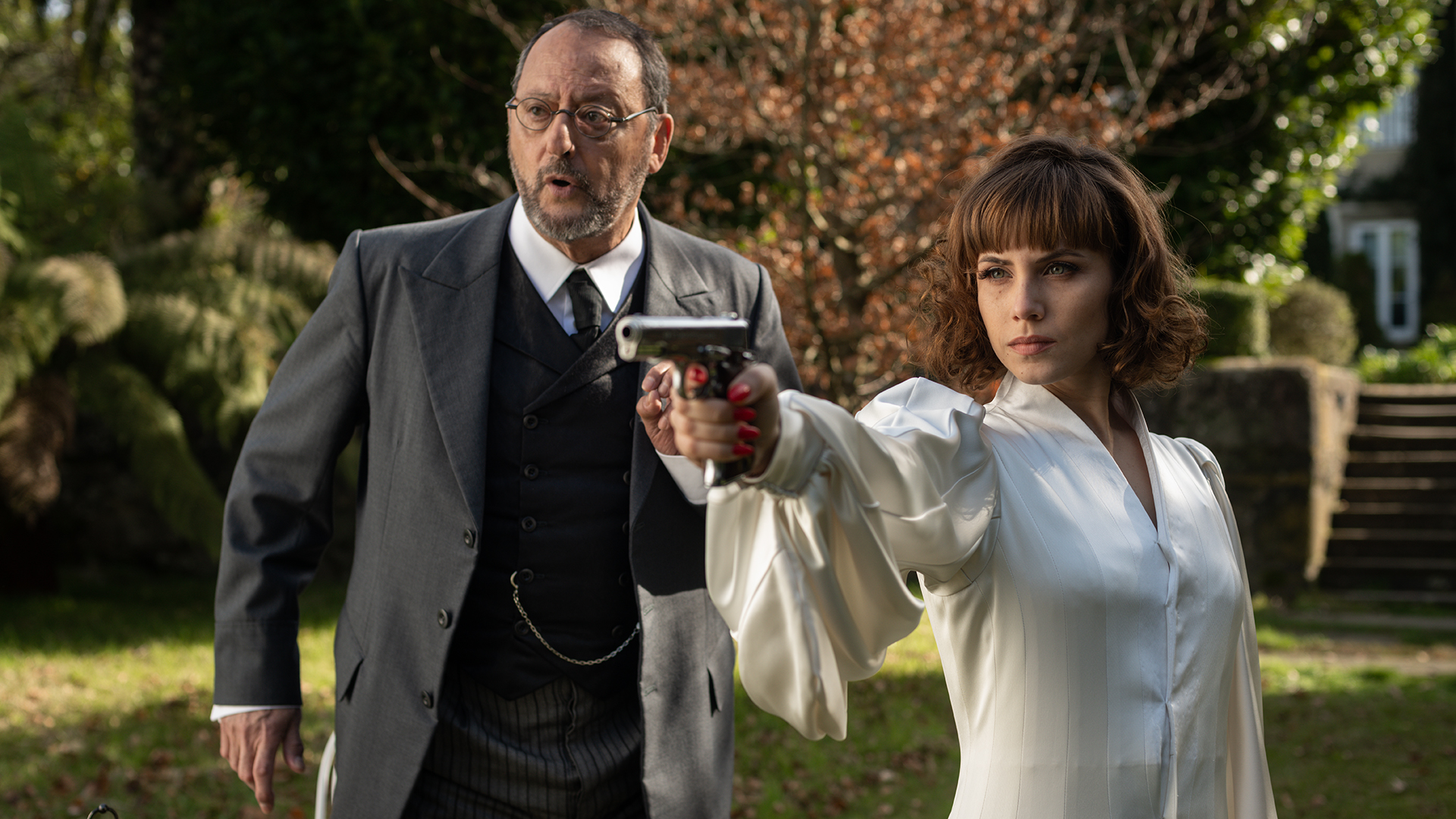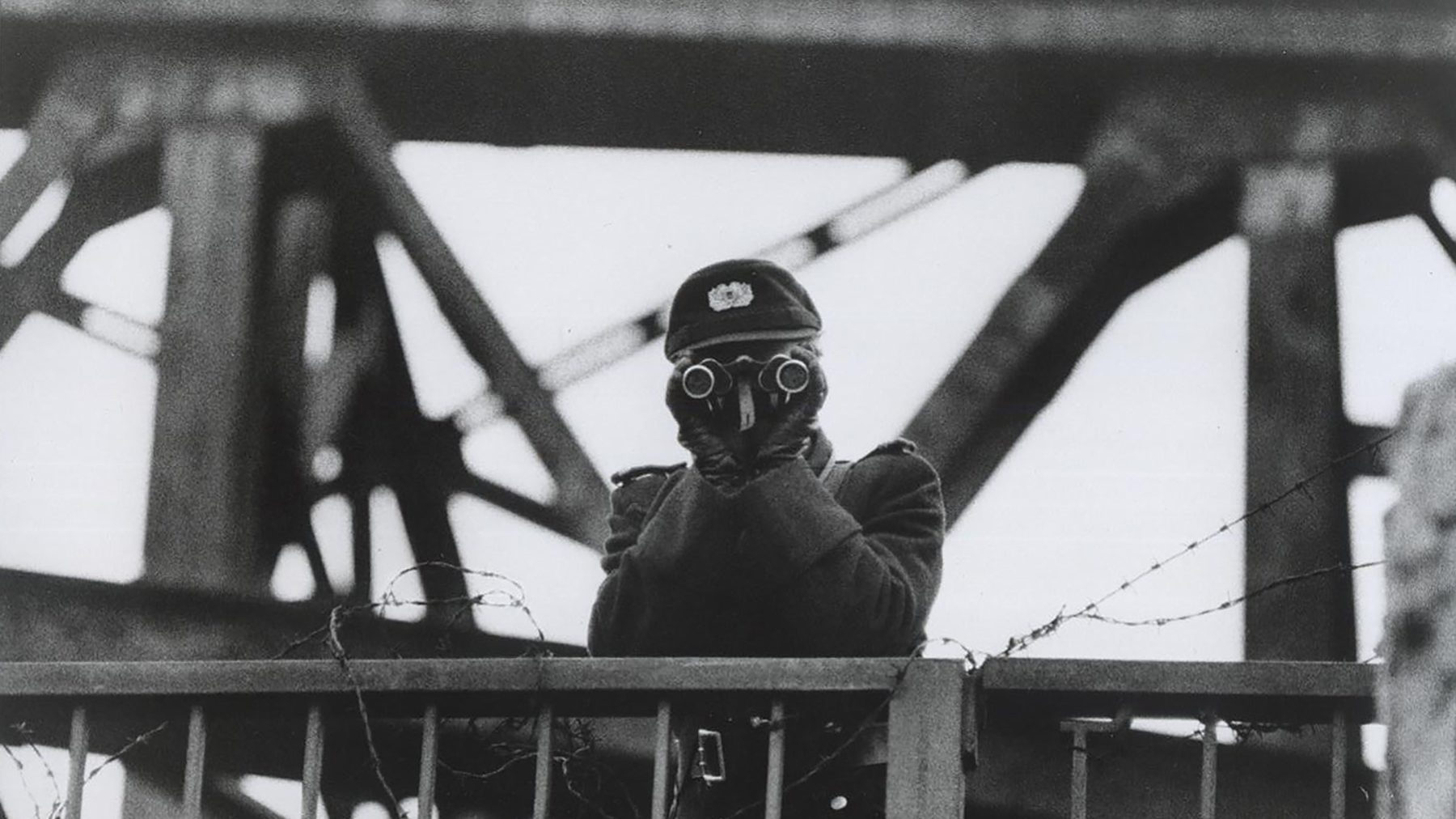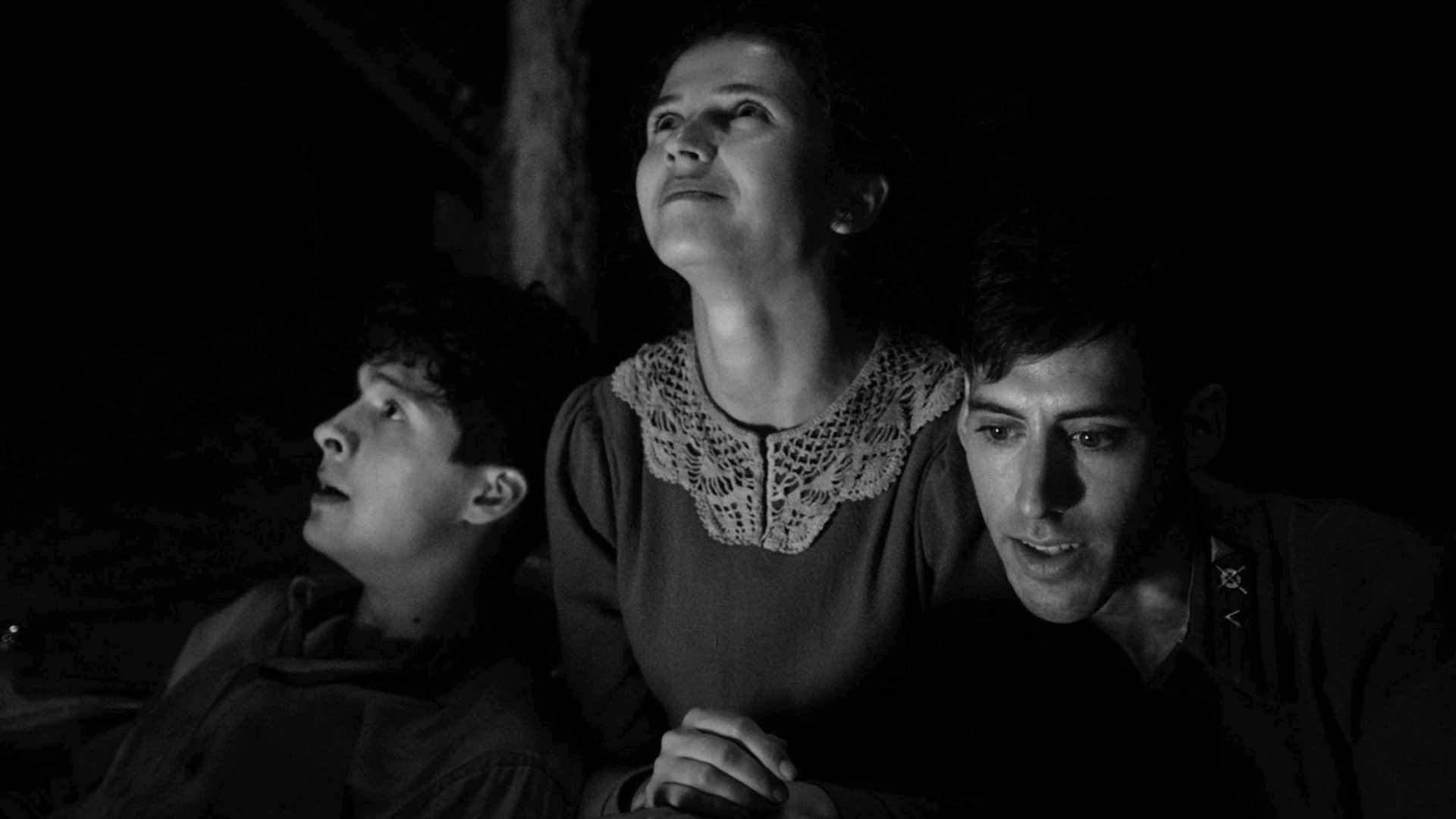One of the most puzzling whodunnits I’ve experienced was on Baker Street. About a year ago, a taxi driver lost his way when taking me to Marylebone station – I knew something was up when I realised we’d passed the same corner shop three times and the driver was swearing rather a lot.
Then he suddenly stopped on an A-road nowhere near my destination, asking if this would do. When I said it wouldn’t and wondered if we could just go to the station as planned, casting my eyes back at my two suitcases, two rucksacks and severe lack of pavement, he replied with a bizarre revelation. “Marylebone does not exist,” he told me, pointing to Google Maps.
In the end, I learned an effective new method of carrying excessive luggage and I also solved the Mysterious Case of The Missing Station. Like the dog that did not bark in the night, Marleybone turned out not to be missing at all.
I had that unusual afternoon in mind when watching A Private Affair, Amazon Prime’s latest go at the humble crime drama, set in 1940s Spain. The series follows the hunt for a serial killer who is haunting the streets, and women, of Galicia. An upper-class socialite Marina Quiroga (Aura Garrido) becomes ever-more transfixed by the case. Plucky, flirtatious and a rule-breaker, she has police work in the blood. She is the daughter of the late great police commissioner.
At her side is her loyal butler, Hector, played by the legendary Jean Reno. Always well-spoken and impeccably dressed, Hector is a loyal family servant, who deals graciously with Marina’s demanding mother, Doña, who’s keen to marry off her daughter, and whose breakfast often involves a draft of cherry liquor (“I’ve got a difficult day ahead”). Hector’s free hours are filled with attempts to keep Marina out of trouble. Alas, his efforts are often in vain.
Though Marina is the one with the natural gift for police work, it is her brother Arturo, played by Gorka Otxoa, who is stepping into their late father’s sizable shoes and who is being appointed as the new chief of police. When the time comes to rattle through thanking family members in his acceptance speech, all are present and correct – except Marina. She’s off to the harbour to collect her contraband delivery of smuggled detective magazines and periodicals. As ever, Hector covers up for her. But once she is there, she discovers a murdered woman and she also disturbs the killer – the two fight, and he gets away, but, not before Marina can swipe a patch of his coat. The game is afoot.
With a murderer on the loose, Galicia has a problem. Yet, as it becomes clear, it also has a very weak police force. In turn, Marina has her own dilemma; her gender. She has brains, deduction skills and bravery – every skill needed to join the police, but it is only her sex that rules her out. Despite this societal block on her ambitions, she goes behind her brother’s back and sets about solving the murders. In this mission she needs an assistant. Enter Hector.
There have been countless Sherlock Holmes rip-offs, spin-offs and ‘tributes’ over the years, and this shows no signs of slowing down just because the inspiration is now 135 years old. In recent times, Mark Gatiss and Stephen Moffatt’s Sherlock became an international favourite – witness the tourists who gather daily outside Speedy’s Cafe off the Euston Road, aka Benedict Cumberbatch’s 221b Baker St – and Guy Ritchie’s film franchise took the characters in a blockbuster direction. Netflix’s Enola Holmes suggested that Sherlock’s teenage sister might surpass him and over in Japan, Miss Sherlock toyed with the idea that the famous sleuth could indeed be a woman. After all, as Marina would surely ask, why leave all the fun to the men?
A Private Affair is not an out-and-out Holmes copy, but it certainly pinches the odd trope. At one point, Hector even addresses the issue. “You’re turning me into Watson,” he says while they’re out following their trail of breadcrumbs.
Even though it makes use of familiar detective procedural conventions, this is not your typical detective drama. This is not Nordic Noir – there are no detectives with painful backstories staring mournfully at the sea, dressed all in black. What we have here is much more animated and jazzy, and much camper. The investigating duo uncovers an elite prostitution ring and they duck and dive out of each sticky situation armed with slapstick humour. Tied bedsheets are used to escape from windows. Chorus girl outfits are used as methods of disguise.
Hardcore fans of Conan Doyle or Christie might find the plot a little on the thin side and as the mystery unfolds, viewers might perhaps arrive at the answer before the on-screen duo. Yet, you should still watch A Private Affair. Yes, the crime genre offers a vast array of competing sleuths – but there’s no doubt, this new duo adds a welcome dash of campery and colour to the club.




